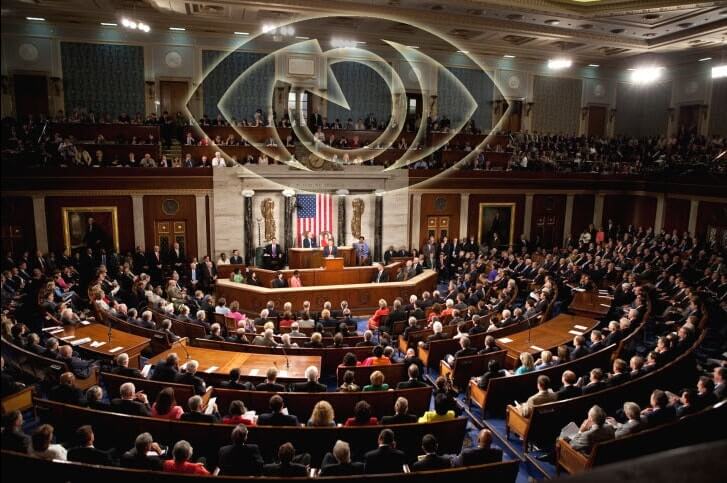For some time now, privacy advocates and big tech companies have been in an uproar over congress’s Cybersecurity Information Sharing Act (CISA). Given that fact, there was hope that the final draft of the bill would include some language to appease privacy advocates. Unfortunately, that is not the case. The Hill has said the official conference could start this week, and have the bill on the president’s desk by the end of the year.

Though a bi-partisan group of lawmakers cited statements by tech companies in defense of this act, many companies changed their statements. Whereas it is clear that something needed to be done, a few statements said, CISA was not the way to accomplish it. As with any legislation, there are several versions of the bill. The most preferred version by privacy advocates comes from an unusual source, the Department of Homeland Security.
In review of this version of the bill, advocates feel that the DHS would do the best job collecting data, disseminating it, and scrubbing sets of personal data. It also has the strongest provisions to stop sensitive data from falling in to the grasp of the NSA. Concern for individual privacy has grown by leaps and bounds in the wake of Edward Snowden’s 2013 leak.
Sadly, the one that is likely to make it will sideline the DHS version, and confirm the opponents’ hesitation. The new bill would include the worst parts from both the senate and the house bills. The co-sponsor of the DHS bill, Homeland Security Committee Chairman Michael McCaul, has been encouraged to take a stand and defend it. However, it is believed that he is under growing pressure to accept this patchwork bill by Speaker of the House, Paul Ryan.
If this bill proceeds to President Obama’s desk to be signed by the end of the year, you can bet the results won’t be pleasant for anyone that is concerned with their privacy. After years of consternation and the defeat of similar bills, one was destined to go through the process and be signed in to law. In the past 8 years, privacy has never been in as much jeopardy as it is now. Though actions like this are designed to keep the public safe, they are often at the cost of individual freedoms. Although there should be a balance between personal privacy and public security, it is clear where the balance shifts in this bill.
